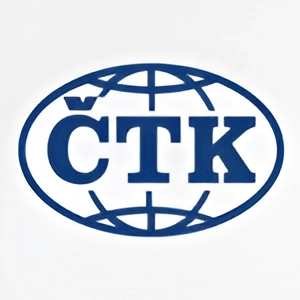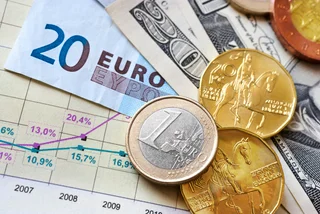Election season brings no shortage of pledges: slashed supermarket costs, lower household energy bills, and quick relief for families. With Czech households paying more for eggs, milk, meat, and fruit than their EU peers and electricity prices among the highest in the bloc, such campaign promises are especially appealing.
But analysts stress that while some reforms could ease costs, many overlook the market forces that really drive prices. Here's what voters, or anyone concerned with cost of living in Czechia, should keep in mind:
PARTNER ARTICLE
Cheaper food: A populist mirage?
Food prices have jumped significantly in the past year, according to Czech Statistical Office data. Eggs cost over 40 percent more than last July, cattle prices have risen nearly 36 percent, and poultry is up about 10 percent. Milk prices have increased almost 20 percent year-on-year.
Several opposition parties, including ANO and Freedom and Direct Democracy (SPD), have repeatedly pledged to make food more affordable for Czech families by changing the face of Czechia’s farming and agricultural landscape.
Agricultural expert Petr Havel argues that proposals to “slash prices” often rely on “populist, unverified data” and ignore how food prices are mostly set by global markets and supply chains. While cutting bureaucracy could help farmers, voters should not expect dramatic savings at the supermarket checkout.
Lower energy bills: Plausible but costly
Promises to reduce household energy bills sound more concrete. ANO, for example, claims it could cut electricity costs by as much as CZK 5,000 per household through changes to state-regulated fees and reduced renewable subsidies.
Funding this initiative would cost the state about CZK 50 billion each year, to be offset, according to ANO Deputy Chairman Karel Havlíček, by cuts to photovoltaics subsidies and tapping into EU Modernization Funds.
Experts admit such steps could bring short-term savings, but warn that they come with trade-offs. Funding cuts to renewables and tapping EU modernization funds could leave fewer resources for other priorities such as housing, education, or infrastructure. In other words, your electricity bill might shrink, but you could pay the difference elsewhere.
What voters should watch for
Czech University of Life Sciences Economist Tomáš Maier summarizes the challenge: “Every election program is a compromise, part ideology, part populism.” Analysts suggest voters focus on how detailed and realistic the proposals are, rather than on campaign slogans.
The bottom line: while some reforms could slightly ease household costs, sweeping promises of cheap food and dramatically lower bills are more symbolic than practical. For voters, it pays to ask not only what is promised, but how it can realistically be delivered.






















